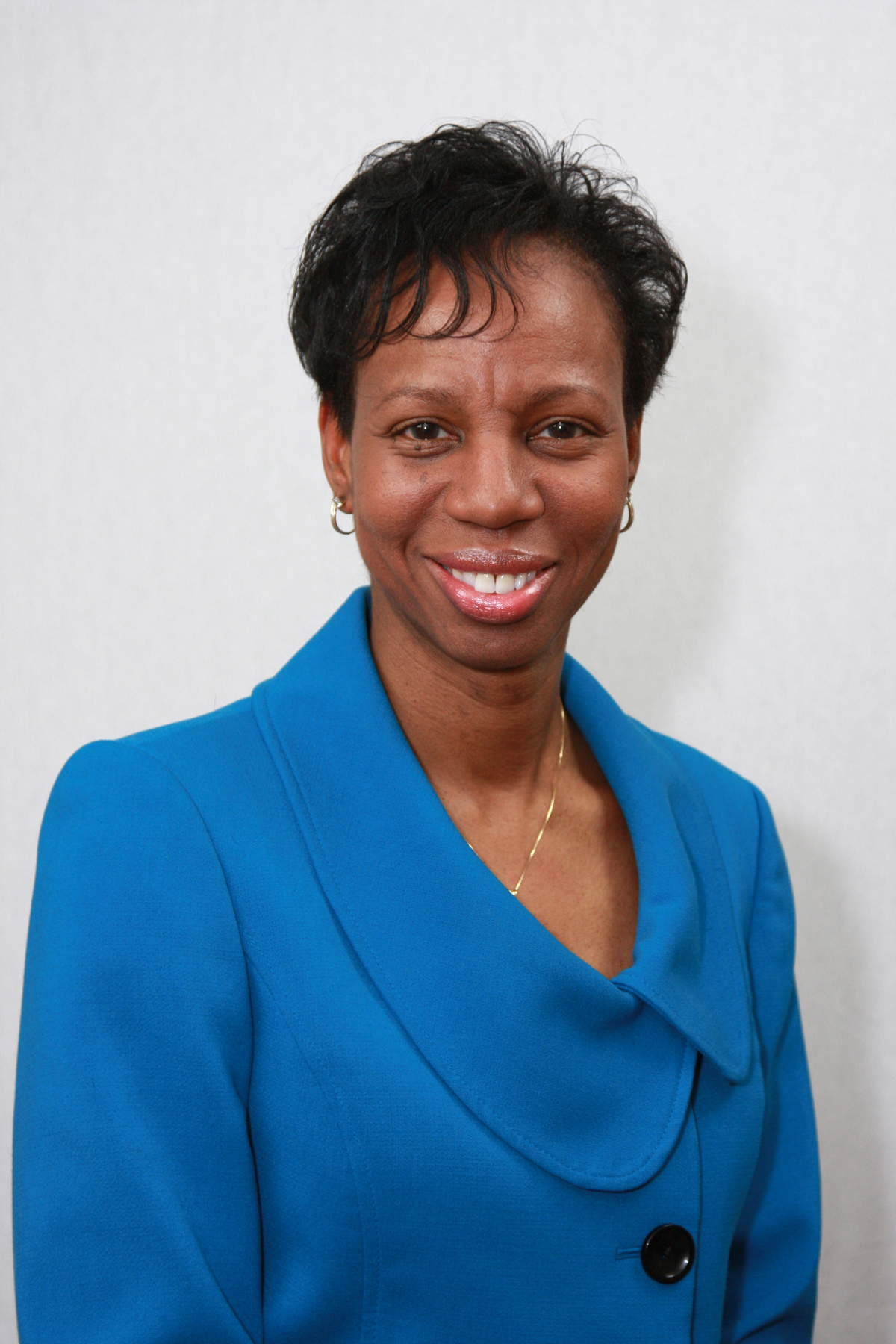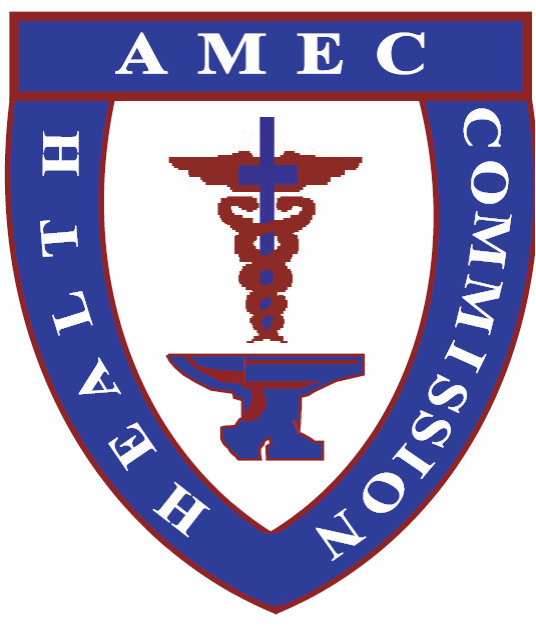Understanding Internal Controls in a Church Environment – Part II
By Cynthia Gordon-Floyd, C.P.A., C.F.E., Contributing Writer
In our previous discussion, we defined and discussed the necessity for internal controls within the church. As a system of checks and balances, it protects the church from intentional and unintentional acts that could cause a loss of the church’s financial assets or result in the misreporting of the church’s financial information.
This discussion will review risk assessment as another area of internal control. Risk assessment involves looking at the control environment, policies, procedures, and personnel in a church and determining what inherent risks exist that could result in an intentional or unintentional breach of security and controls.
The following risks exist in most churches:
- Leadership that lacks training in required financial policies and procedures. Outside of a secular career in accounting or finance, most clergy and lay leaders are unfamiliar with how church financial operations should be structured. They may also lack the tools and experience to provide the required oversight to ensure accurate financial reporting.
- Unequipped volunteers/minimally paid individuals who carry out financial processes. It is a blessing to have church members volunteer to assist with the financial management of the church. Yet, in most cases, these individuals have a willing heart and very little practical experience. Even though unintentional, this usually results in inefficient systems and procedures.
- Lack of training and inadequate staffing. Unfortunately, as is common in many church environments, adequate human resources and proper training for those individuals are unsupported due to financial constraints or poorly managed funds. In these environments, the risk of errors, omissions, irregularities, and intentional acts is very high.
- Lack of leadership oversight. Within the gathering of the saints, we may not be naturally inclined to be concerned about theft, bad actors, and accurate financial reporting at our church. This makes the risks of undetected problems very high.
These risks mentioned above are inherent risks because the primary business of churches is not to make a profit. Therefore, the lack of a profit motive can lead to a lack of focus on the efficiency and effectiveness of financial policies—except when a breach of trust occurs and churches try to backtrack to determine what went wrong. Ideally, each pastor, steward, and trustee should assess the risk environment and look closely at their current operation to determine where internal controls should exist and how to mitigate potential loss. Assessing and mitigating risk is a foundational requirement for maximizing internal controls.
Cynthia Gordon-Floyd is a certified public accountant and a certified fraud examiner. She is the founder of Willing Steward Ministries, LLC. Willing Steward Ministries (www.willingsteward.com) is a financial consulting and accounting firm for churches and other faith-based non-profits, specializing in Bible-focused financial practices, pastoral compensation issues, IRS compliance, and other financial needs specific to churches. Cynthia is a graduate of Lake Forest College and holds her MBA in Accounting from DePaul University. She teaches a certificate program in Church Financial Management at Turner Theological Seminary in Atlanta, Georgia.





